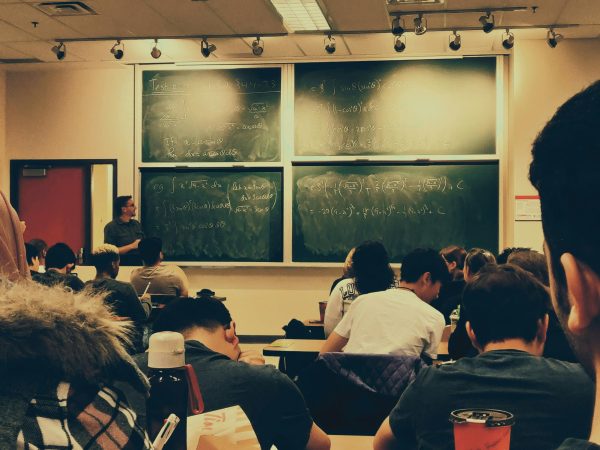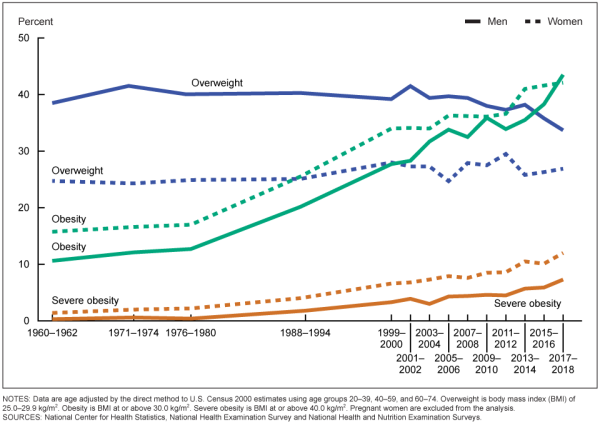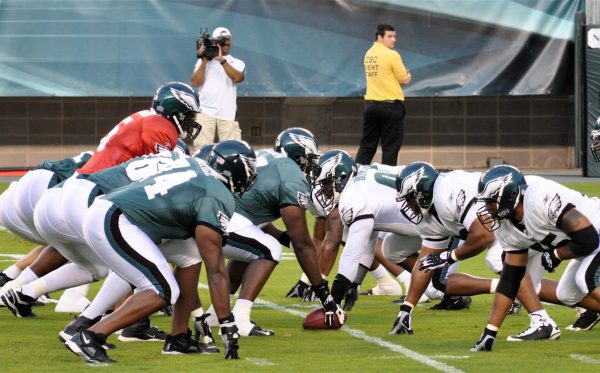Law school is valuable beyond law
Senior Vice President of Academic Affairs and Dean of the College of Law at John F. Kennedy University discusses the value of a legal education at his office on the Pleasant Hill, California campus on Sept. 28,2015.
October 8, 2015
What do Nelson Mandela, John Grisham, Henri Matisse and Gandhi have in common? They are all law school graduates.
For whatever reason, law school has now gotten a bad rap. This writer, who is also a lawyer, wholeheartedly disagrees with these criticisms. The evidence shows that law school has tremendous value, whether one aspires to practice law or follow a different career path, now is a particularly favorable time to apply.
Certainly, law school is expensive. The average debt for a law school graduate is $84,000 at a public school and $122,158 at a private school.
However, most advanced degrees are costly. Getting a Master of Business Administration degree from top business schools ranged from approximately $108,000 to $118,000. The estimated average loan debt for 2013 graduates of medical school was $169,901.
Law school is well worth its price tag. Students learn to think analytically, speak and write concisely and persuasively, simplify complex ideas, research, negotiate and strategize to reach desired results. Colette Stone, founder of Stone & Associates, a highly successful local law firm, opined that, “The cost of law school is not too high when you consider the power and versatility of these skills.”
A legal education prepares students for a wide range of careers including business, real estate, journalism and law enforcement. Justin Berkowitz, a graduate of Columbia Law School and this writer’s son-in-law, rejected the traditional practice of law. Instead, he was the east coast editor for Car & Driver Magazine before joining BMW Mini in the product management division. Berkowitz explained, “I am a walking example that a legal education opens so many doors…it provides a great skill set applicable to many different professions.”
While the legal job market has experienced a downturn since 2007, along with the rest of the economy, the gloom and doom regarding job prospects for lawyers is exaggerated. U.S. Department of Labor data in 2010, during the height of the recession, showed that the unemployment rate for lawyers was six times lower than the overall rate.
More importantly, there are strong signs that the market is returning. Recent projections show that demand for law jobs and the supply of law jobs should be relatively equal in 2015 and demand may exceed supply in 2016. Senior Vice President of Academic Affairs and Dean of the Law School at John F. Kennedy University Dean E. Barbieri explained, “When the economy gets better, the need for lawyers gets better.”
While lawyers do work hard, the same can be said of many other careers. Additionally, those long hours are generally well compensated. Lawyers earn the fourth highest median salary, $113,00 in 2010, topped only by medical doctors, dentists and CEOs.
Now is a great time to apply to law school. Applications have dropped significantly so competition is decreased and admission standards have been lowered at many schools.
Law school is not for everyone. However, a legal education should not be rejected because of recent, largely unfounded but highly publicized, criticisms. Law school deserves a second look.
















































































Andrew Bruskin • Oct 12, 2015 at 5:56 pm
I am a practicing attorney who enjoys practice, but don’t let this article fool you. This article is misleading for several reasons:
1) The article cherry picks several people who became famous and states how a law degree will open all sorts of doors. However, many, if not all, of these people who have become successful with or without a law degree.
2) The article cites one source, a law school dean, whose high salary is highly dependent on people signing up for law school and paying his salary.
3) The article does not accurately take into account the thousands of law graduates who have left the field and make less money than before they went to law school.
4) The article also does not take into account the thousands of lawyers who are unemployed, underemployed or have given up looking for work.
5) The article also does not take into consideration the hundreds of thousands of lawyers with substantial student loan money, which they are unable to pay back in full.
6) The article also does not take into account that Grisham, Ghandi and Mandela all had something in common: they had no student loans and entered the market when there were far fewer attorneys competing for jobs.
I concur with the commenters above.
Stan • Oct 14, 2015 at 7:03 am
I’m not sure about others, but Mandela did a University of London LLB through External Studies. This is a respected degree, but it costs under $2000 a year now, great deal for those who can hack the exams and are in position to make use of an English qualifying law degree by distance. How much does the JFKU School of Law charge a year?
anon • Oct 9, 2015 at 12:51 pm
First, I wouldn’t trust advice from the dean of an unaccredited law school. Second, a law degree isn’t a lottery ticket.
AceRimmer • Oct 8, 2015 at 2:01 pm
The cost of attending law school has skyrocketed since the days Boomer lawyers attended. Since 1980, the average cost has gone up by a factor of 5, AFTER adjusting for inflation. In 1980, there were 30 students per faculty member at law schools, now it is more like 11 students per faculty member, and that doesn’t account for the proliferation of “Assistant Deanships,” all funded by the Student Loan Conduits these clowns desperately need to recruit.
This drivel is nothing but propaganda to keep their gravy train rolling, fueled by the rendered fats of the unfortunate suckers dragged into the student loan slaughterhouse.
My law degree left me financially ruined and nearly unemployable. I worked at a debt collection mill for 3 years, earning 600 bucks a week, until laid off in 2012. At that time there were no legal jobs to chase after, so I looked elsewhere, giving me a chance to learn just how worthless the JD truly is. I could not obtain job interviews unless I removed it from my resume. I finally managed to get into a different job, completely unrelated to the legal profession, and I earn more money and have better health benefits than I did as a lawyer. My employer is unaware of my JD. All law school gave me was debt.